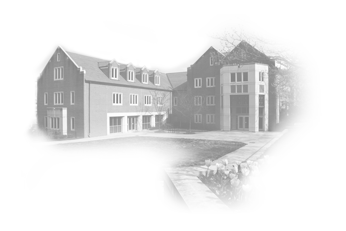Submitted by webmaster on
| Title | LU, QR, and Cholesky Factorizations: Programming Model, Performance Analysis and Optimization Techniques for the Intel Knights Landing Xeon Phi |
| Publication Type | Conference Paper |
| Year of Publication | 2016 |
| Authors | Haidar, A., S. Tomov, K. Arturov, M. Guney, S. Story, and J. Dongarra |
| Conference Name | IEEE High Performance Extreme Computing Conference (HPEC'16) |
| Date Published | 2016-09 |
| Publisher | IEEE |
| Conference Location | Waltham, MA |
| Abstract | A wide variety of heterogeneous compute resources, ranging from multicore CPUs to GPUs and coprocessors, are available to modern computers, making it challenging to design unified numerical libraries that efficiently and productively use all these varied resources. For example, in order to efficiently use Intel’s Knights Langing (KNL) processor, the next-generation of Xeon Phi architectures, one must design and schedule an application in multiple degrees of parallelism and task grain sizes in order to obtain efficient performance. We propose a productive and portable programming model that allows us to write a serial-looking code, which, however, achieves parallelism and scalability by using a lightweight runtime environment to manage the resource-specific workload, and to control the dataflow and the parallel execution. This is done through multiple techniques ranging from multi-level data partitioning to adaptive task grain sizes, and dynamic task scheduling. In addition, our task abstractions enable unified algorithmic development across all the heterogeneous resources. Finally, we outline the strengths and the effectiveness of this approach – especially in regards to hardware trends and ease of programming high-performance numerical software that current applications need – in order to motivate current work and future directions for the next generation of parallel programming models for high-performance linear algebra libraries on heterogeneous systems. |
File:



